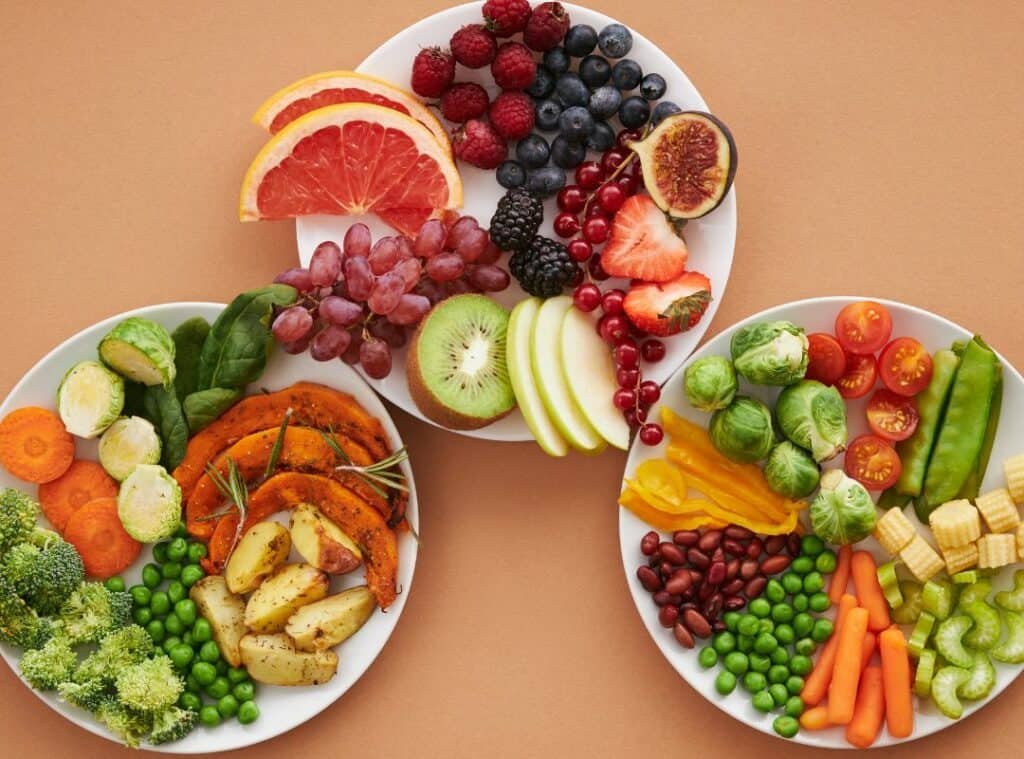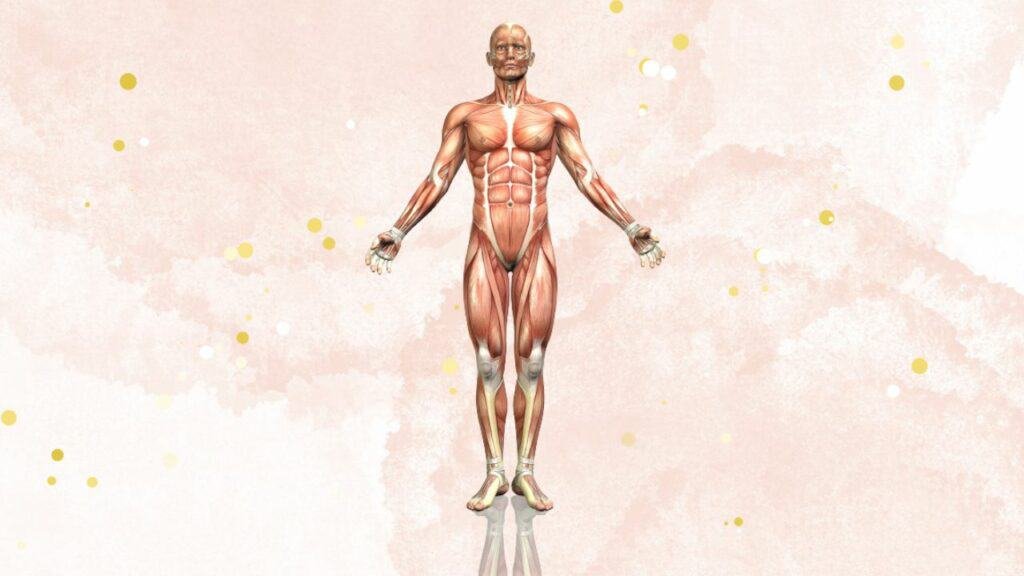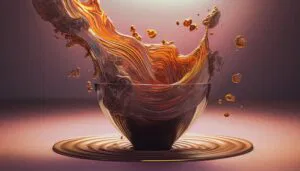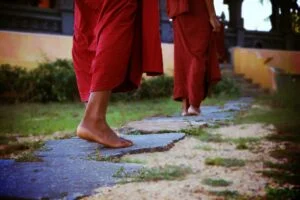According to Ayurveda, the 5000-year-old ancient system of holistic medicine from India, the human body is composed of seven types of tissues or dhatus. These are rasa (plasma), rakta (blood), mamsa (muscle), meda (fat), asthi (bone), majja (marrow), and shukra (reproductive tissue). Each tissue has a specific function and role in maintaining the health and balance of the body and mind.
However, due to various factors such as stress, pollution, poor diet, lifestyle, ageing, and diseases, the quality and quantity of these tissues can be affected and lead to various health problems. Therefore, it is essential to rejuvenate and nourish these tissues regularly to prevent degeneration and promote vitality and longevity.
One of the most important tissues for men’s health is shukra dhatu, which is responsible for the production of sperm, semen, and hormones. Shukra dhatu also influences the sexual function, fertility, strength, stamina, and mental clarity of men. Hence, rejuvenating shukra dhatu is vital for enhancing the overall well-being and performance of men.
How to Rejuvenate Shukra Dhatu?
Ayurveda offers various methods and remedies to rejuvenate shukra dhatu and improve men’s health. Some of these are:
Vajikarana Therapy
Vajikarana is a specialised branch of Ayurveda that deals with the treatment of sexual disorders and enhancement of sexual health. Vajikarana means “that which makes one a vaji” or a strong and virile person. Vajikarana therapy aims to increase the quantity and quality of shukra dhatu, boost libido (sexual drive) and sexual performance, and improve the reproductive capacity of men.
Vajikarana therapy involves the use of specific herbs, diet, lifestyle modifications, and therapies that have aphrodisiac, rejuvenating, and nourishing properties. Some of the common herbs used in vajikarana therapy are ashwagandha, shilajit, gokshura, babool kopal, and babool fali. These herbs have various benefits for men’s health, such as:
- Ashwagandha
Ashwagandha is a powerful adaptogen that helps the body cope with stress and anxiety. It also increases the testosterone levels, enhances the sexual desire and performance, and improves the sperm quality and motility. Ashwagandha also has anti-inflammatory, antioxidant, and neuroprotective effects that protect the body from various diseases
- Shilajit
Shilajit is a sticky substance that is found in the rocks of the Himalayas. It contains various minerals, antioxidants, and fulvic acid that have beneficial effects on the health of shukra dhatu. Shilajit helps to lower blood sugar and cholesterol levels, improve erectile function and sperm count, and boost the energy and immunity of the body
- Gokshura
Gokshura is a herb that is also known as Tribulus terrestris. It has diuretic, anti-inflammatory, and antilithiatic properties that help to treat urinary tract infections, kidney stones, and prostate problems. Gokshura also increases the testosterone levels, sexual desire, and fertility of men
- Babool Kopal
Babool Kopal is the gum resin obtained from the babool tree. It has astringent, anti-inflammatory, and antiseptic properties that help to heal wounds, ulcers, and infections. Babool kopal also improves the sexual function and stamina of men by increasing the blood flow and reducing the inflammation in the genital area
- Babool Fali
Babool fali is the pod of the babool tree. It contains tannins, alkaloids, and flavonoids with antioxidant, anti-inflammatory, and antimicrobial effects. Babool fali also enhances the sexual health and performance of men by improving the libido, sperm quality, and erectile function
Diet and Lifestyle

Apart from taking herbs, Ayurveda also recommends following a healthy diet and lifestyle to rejuvenate shukra dhatu and improve men’s health. Some of the dietary and lifestyle tips are:
- Eat foods that are sweet, nourishing, and easy to digest. Avoid spicy, sour, bitter, salty, and pungent foods. These foods can aggravate the pitta dosha and cause heat and inflammation in the body, which can affect the shukra dhatu. Some of the foods that are good for shukra dhatu are milk, ghee, honey, dates, almonds, sesame seeds, rice, wheat, and fruits
- Drink plenty of water and fluids to keep the body hydrated and flush out the toxins. Avoid alcohol, caffeine, and carbonated drinks, as they can dehydrate the body and impair the shukra dhatu
- Exercise regularly and moderately to keep the body fit and active. Avoid excessive and strenuous exercise, as it can deplete the shukra dhatu and cause fatigue and weakness. Yoga, pranayama, and meditation are also beneficial for improving the physical, mental, and spiritual health of men
- Maintain a regular and healthy sleep pattern. Sleep for at least 7-8 hours every night and avoid staying up late or sleeping during the day. Sleep is essential for the regeneration and rejuvenation of shukra dhatu and the overall health of the body and mind
- Avoid smoking, tobacco, and drugs, as they can damage the shukra dhatu and cause various health problems. Smoking can reduce the blood flow and oxygen supply to the genital organs, which can affect erectile function and sperm quality. Tobacco and drugs can also alter the hormonal balance and affect the libido and sexual performance of men
- Manage stress and emotions effectively. Stress and negative emotions can have a detrimental impact on the shukra dhatu and the sexual health of men. Stress can lower the testosterone levels, reduce the sexual desire and performance, and cause anxiety and depression. Therefore, it is important to practice relaxation techniques, such as deep breathing, massage, music, and hobbies, to cope with stress and emotions
Conclusion
Rejuvenating all tissues for sexual health is important for maintaining the vitality, longevity, and well-being of men. Ayurveda offers various methods and remedies to rejuvenate the shukra dhatu, which is the most important tissue for men’s health. By following the vajikarana therapy, diet, and lifestyle tips, men can improve their sexual function, fertility, strength, stamina, and mental clarity. However, it is advisable to consult an Ayurvedic practitioner before taking any herbs or supplements, as they may have some side effects or interactions with other medications.









